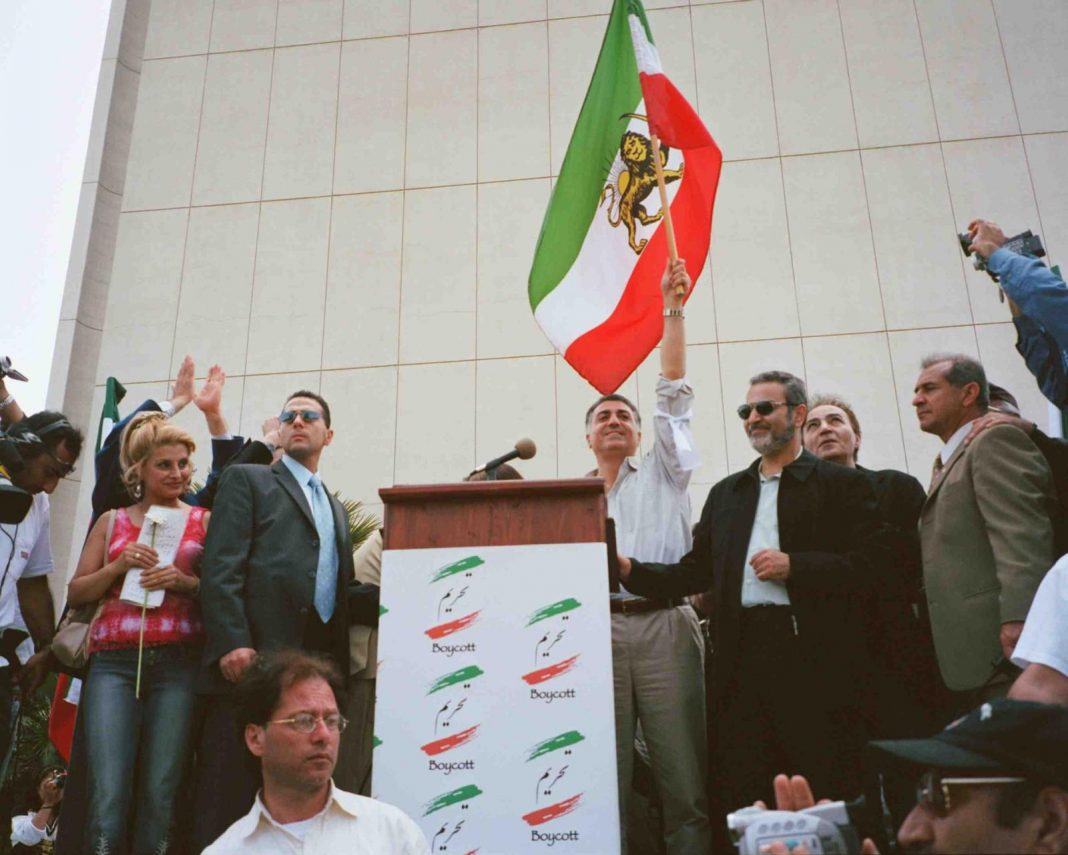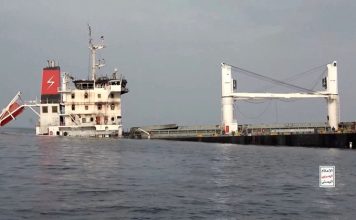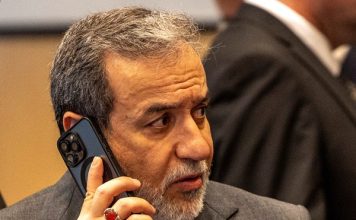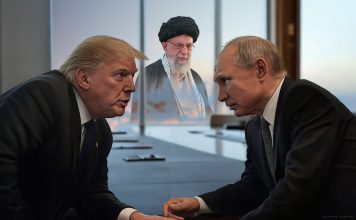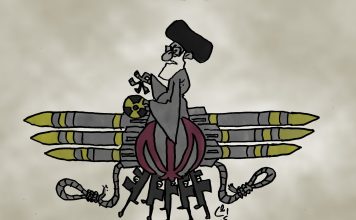By Cameron Khansarinia
[aesop_content color=”#ffffff” background=”#0892d0″ columns=”1″ position=”none” imgrepeat=”no-repeat” disable_bgshading=”off” floaterposition=”left” floaterdirection=”up” revealfx=”off” overlay_revealfx=”off” aesop-generator-content=”Cameron Khansarinia is Policy Director of the National Union for Democracy in Iran (NUFDI), a nonprofit and nonpartisan organization dedicated to freedom in Iran based in Washington, DC. He is a graduate of Harvard University.
“]Cameron Khansarinia is Policy Director of the National Union for Democracy in Iran (NUFDI), a nonprofit and nonpartisan organization dedicated to freedom in Iran based in Washington, DC. He is a graduate of Harvard University.[/aesop_content]
“Valiahd is how old?” came the confused query from an older relative recently, “May God protect him…”
Indeed, Reza Pahlavi, Iran’s Crown Prince, turns 60 this week. More than a birthday, it is a stark reminder of the passing of time. For many of a certain age, the prince is still the newborn jubilantly paraded through Iran’s streets — the suave, trilingual, 18-year-old jet fighter pilot, or the solemn young man coming of age upon his father’s passing.This week, having spent two thirds of his life in exile, he is 60. He who was groomed to be king.
Yet history had other plans. Refusing to retain his crown with the blood of his people, the Shah left Iran in 1979. Four decades on, Iranians across the political spectrum have come to regret the revolution. Across the country chants of “We revolted, what a mistake we made!” are common — as the resounding realization appears to be that in 1979, a time when Iranians needed reform, they had a revolution, and today, when they need a revolution, too many have sought meaningless reforms.
One line seems to be constantly repeated about the Shah by Iranians at home and in exile: “We did not know his worth…he was ahead of his people.”
While Iranians came to this realization, the young man who would be king embarked on a global tour like the ones he had made as a young crown prince. This tour, however, was to learn lessons, to form a vision, to help rebuild the country that had turned its back on him, to help a people that had burned his picture in the streets.
The path has often been a lonely one. For decades as he spoke of civil disobedience to overthrow the Islamic Republic, generations of Iranians pinned their hopes on “reformists.” When he advocated boycotting elections, too many went on to vote in the sham polls. When he urged secular democracy, most were dedicated to moderating the regime. When he spoke of unity, most were working toward their own divergent aims.
Nonetheless, he continued. Unlike his official visits abroad as young crown prince, this sojourn seemed to last forever. No longer was the journey eased by pleasant courtiers and sleek means of travel. The only sustaining factor of this tour was love of his country and a deep-seated dedication to his people. Armed only with his ideas and a pen and in the face of an unyielding barrage of attacks and threats, he continued to collect lessons to bring back for Iran.
The lonely path was worsened by seemingly unending personal loss. Lifelong friends turned their backs. Confidantes betrayed. In a set of blows that should have crushed even the strongest, he lost a beloved sister and a cherished brother. All of this, alone in a strange land which, though perhaps beautiful, as the poet says, is not home at all.
Far from home and farther still from the young age at which he started his struggle for secular democracy, he recently spoke to the nation in a long-form address. After the regime’s November massacre of more than 1,500 protesters and the January downing of a civilian aircraft finally convinced the vast majority of Iranians to think seriously of the alternative to the Islamic Republic, he seemed to take his time to properly present his case to the Iranian people.
It came in the format of a New Covenant. The lofty name left some detractors wondering what was actually new about the covenant. Yet it seemed to open eyes across the Iranian political spectrum and enliven the people. It was perhaps an amalgamation of the most important lessons he had learned on his long journey. And people were listening.
This new covenant was not only one between him and the people, but rather one between all of the people. It was a message to the people that as the urge for a “quick fix” grows stronger every day and as the Islamic Republic delivers yet more misery, such treacherous times are exactly the ones in which democratic ideals must be planted, cultivated, and nurtured. As a dictatorial regime falls, it is exactly the time to establish a foundation based on liberal, democratic ideas, not a single savior.
At a time when many are in desperate need of bread, he reminded Iranians that without democracy, bread would not last long. To those who say that Iran is not ready for democracy, that Iranians are incapable of self-rule, and in need of a strongman to build the country, his answer is a resounding: no. Iranians deserve democracy and they are more than capable of practicing it. In the face of those preaching expediency over principle, the prince assumed a position he had long grown accustomed to: advancing an often unpopular opinion.
In his public remarks he has often challenged his critics that “you may have a problem with the messenger, but what is wrong with the message?” Yet in this instance, it is the combination of the messenger and the message that makes all the difference. The one man to whom millions of Iranians look is saying: “I am willing to do my part; are you willing to do yours? We must do this together.”
He has formed his world view based on 40 years of learning the ways of the free world, and represents a way of thinking that many in Iran now refer to as Pahlavism. His values are progressive, forward-thinking, and modern, much like those of his father and grandfather before him, the two Pahlavis who people now say “were too early for their people.”
The challenge for Iranians, on this day, is not to let this opportunity, too, to pass. Iranians must act now so that in fifty years they aren’t once again condemned to repeat history and lament that “Pahlavi was too early for the people…” Iranians must grasp this opportunity. For this time it is not only about the man — it is more importantly about the ideas. It is not only about the messenger — it is more importantly about the message. Iranians should heed this message, come together, put aside differences and decide what they are ready to do to free Iran. The ball is in our court.
One imagines that on his sixtieth birthday, this particular messenger, would appreciate the gift of fellow travelers on his long journey more than most anything else.

